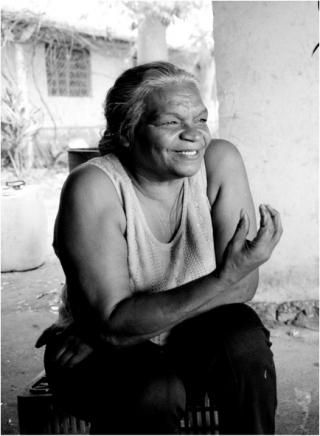The Ndungu Report: Land & Graft in Kenya
This summary of the Report of the Ndungu Commission on Illegal and Irregular Allocation of Public Land provides an insight into a critical recent episode in the struggles over land and graft in Kenya. Includes land and demography in Kenya; the law relating to the allocation of land; the Commission’s findings – (1) urban, state and ministries’ land, (2) settlement schemes and trust lands, (3) forest lands, national parks, wetlands, riparian resources and protected areas; the Commission’s recommendations; commentary.





